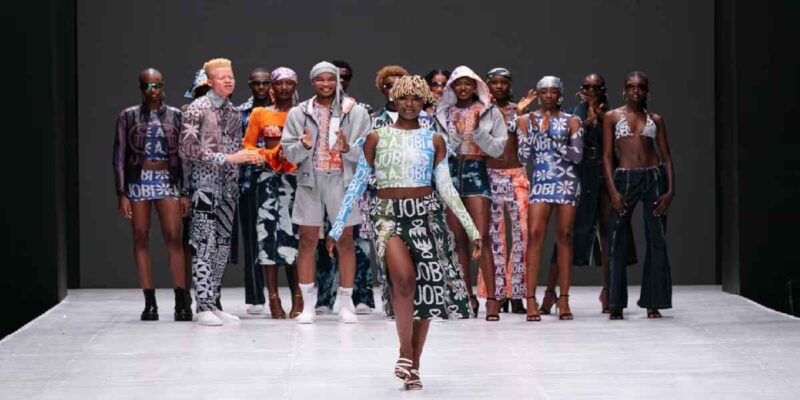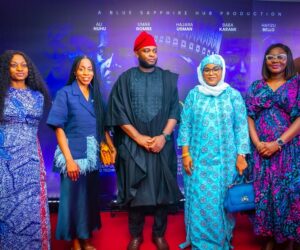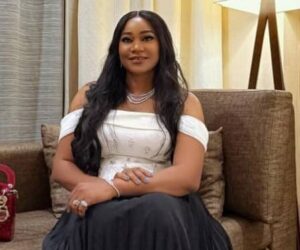As Lagos Fashion Week begins, new Google Search data has revealed how Nigerians are reshaping fashion by combining vintage style with traditional culture. The data shows that people across the country are searching for clothing that connects them to their heritage while expressing individuality through nostalgic, modern pieces.
Google’s search trends indicate a surge in interest in vintage styles like Zoot suits, tube tops, and bell-bottoms. Simultaneously, there’s increased curiosity about traditional Nigerian fashion, including Igbo, Nupe, and Etibo outfits, demonstrating that fashion in Nigeria now reflects identity and creativity.
According to Google, searches for “vintage clothing” rose by 90% between August and September 2025 compared to the same period last year. Specific retro styles also saw a major increase in interest, with searches for Zoot suits jumping by 310%, tube tops by 140%, and bell-bottoms by 60%. These numbers suggest that Nigerians are not only revisiting the past but reinterpreting it in bold, innovative ways.
Lagos Fashion Week highlights this shift, as designers, stylists, and enthusiasts showcase new collections while Google data reveals parallel trends in everyday fashion choices.
According to Olumide Balogun, Director of Google West Africa, the research demonstrates fashion’s role as a digital expression of culture. He noted that Nigerians are blending nostalgia with local pride, influencing both clothing choices and style definitions.
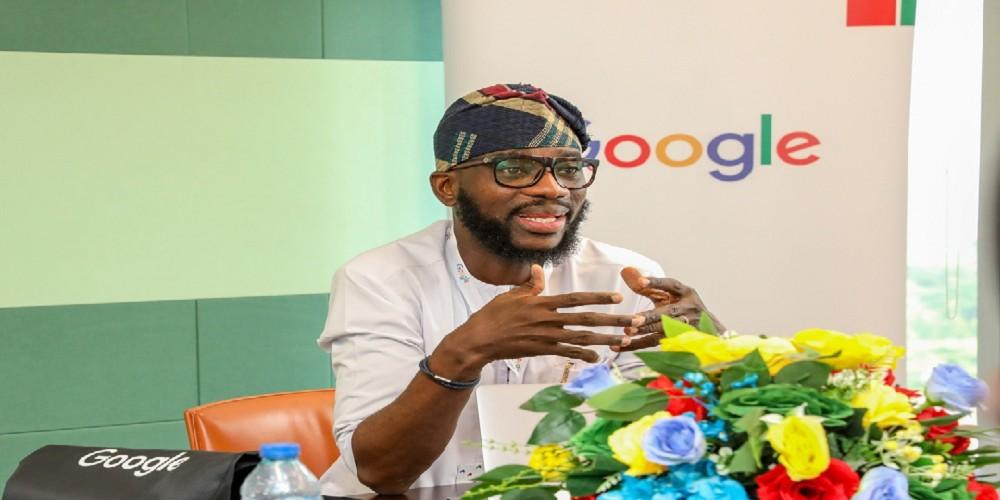
Blending nostalgia with identity
The rising search interest shows how fashion in Nigeria has evolved into a bridge between global influences and local roots. People are using clothing to tell stories about their culture, background, and creativity.
Beyond vintage, searches for traditional wear are up significantly. Top “outfit” searches like “Traditional outfit of Igbo,” “Nupe outfit,” and “Etibo outfit” reveal a strong interest in cultural preservation alongside global fashion trends.
Nigerians are experimenting with styling, blending Western and African fashions to create relatable looks for various occasions. Popular “how to style” searches include combinations like “Scarf on bubu gown,” “Jacket with a gown,” and “Sweatshirts with skirts.”
Also read: Google’s 2024 Year in Search: National grid, new anthem, Bobrisky top Nigeria’s most searched trends
This pattern reflects a larger shift in how Nigerians approach self-expression. The rise of social media, e-commerce, and thrifting has made it easier for people to discover unique pieces and share their styles online. Consequently, the boundary between high fashion and everyday fashion is fading. A growing number of young Nigerians are redefining what it means to look stylish, drawing equally from history, tradition, and creativity.
Top searches highlight what Nigerians want
Recent search data reveals key fashion trends in Nigeria: comfort, culture, and creativity. Gowns and jeans remain popular, while retro styles like bell-bottoms and zoot suits are experiencing a resurgence. This report breaks down current Nigerian fashion trends and styling preferences.
Over the past month, Google Search data shows that Nigerians are leaning heavily toward versatile, expressive fashion pieces. The most-searched apparel items include gowns, dresses, skirts, suits, jeans, and t-shirts, a mix that reflects both casual comfort and modern elegance. Jerseys and polos also ranked high, hinting at the growing influence of sporty streetwear in everyday style.
But it’s not just about what people wear, it’s also about how they wear it. Searches like “sweatshirts with skirts,” “scarf on bubu gown,” and “jacket with a gown” reveal a new wave of creativity among young Nigerians experimenting with unexpected combinations. Even searches such as “short natural hair corporately” and “short bob Marley braids” show that individuality now extends beyond outfits to hairstyles and self-expression.
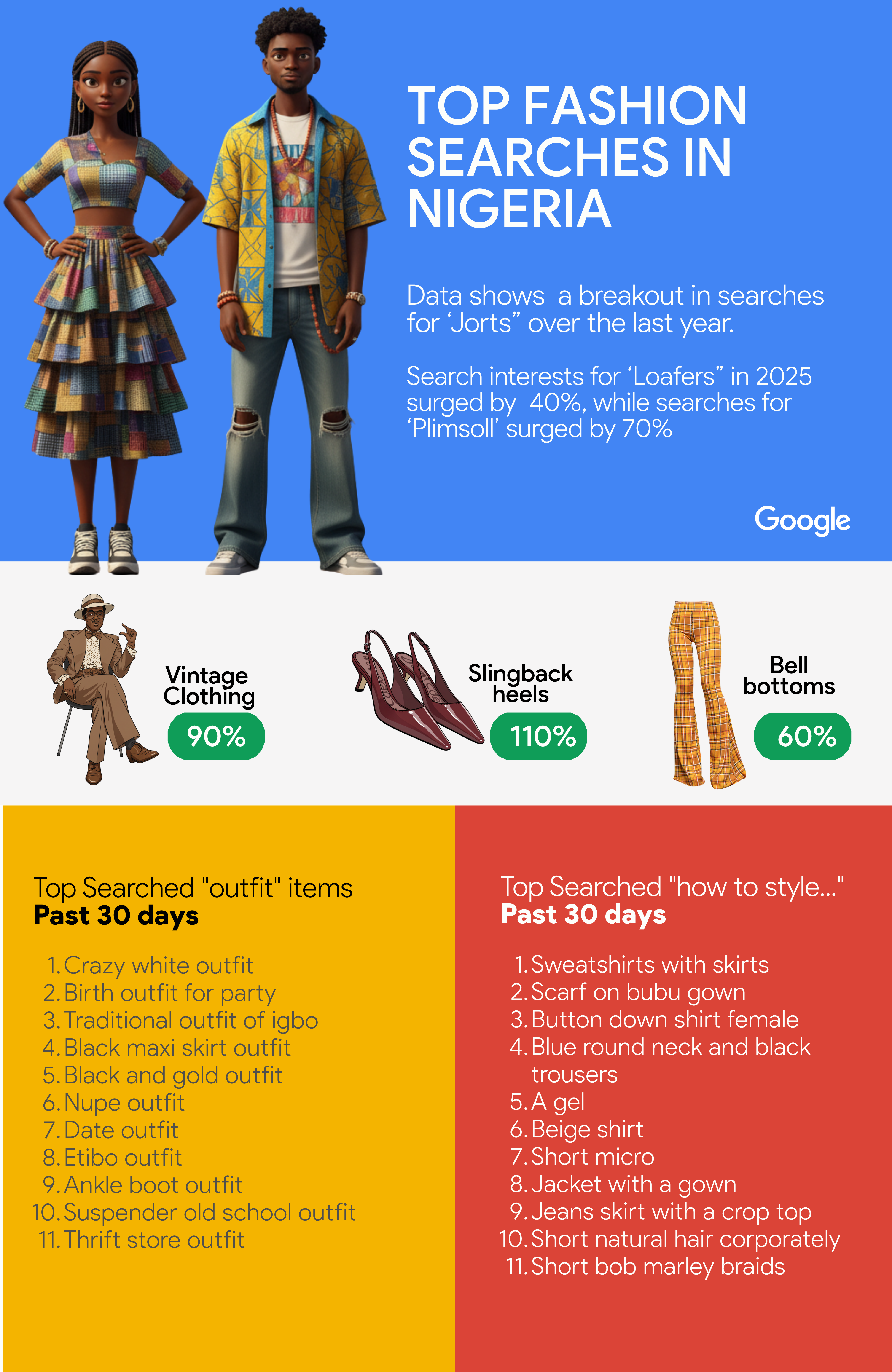

When compared with the same period last year, some clothing items have seen massive spikes in interest. Zoot suits recorded a 310% increase, followed by nightshirts (+180%), tube tops (+140%), and bell-bottoms (+60%). These all nod to a revival of nostalgic, vintage fashion. Meanwhile, jorts emerged as a breakout trend, dominating searches across age groups.
At the same time, Nigerians continue to embrace traditional fashion. Among the top searched “outfit” terms were “Traditional outfit of Igbo,” “Nupe outfit,” and “Etibo outfit,” reflecting pride in local heritage. Other trending searches, such as “birth outfit for party” and “thrift store outfit” point to a culture that values both celebration and sustainability.
Footwear trends also echo this balance of function and flair. Searches for Wellington boots skyrocketed by 310%, followed by Chukka boots (+100%), ballet flats (+80%), and hiking boots (+60%), showing that Nigerians are styling for versatility as much as aesthetics.
Altogether, these patterns show that Nigerian fashion is no longer one-dimensional. It’s fluid, expressive, and deeply personal, a blend of vintage nostalgia, cultural pride, and modern innovation that continues to evolve both online and on the streets.
Fashion trends as a cultural compass
These search patterns reveal how Nigerians are shaping fashion in real time, blending global trends with local identity, history, and creativity. Vintage clothing, breakout styles like jorts, and traditional outfits signal a fashion scene that is deeply connected to both culture and personal expression.
For designers, stylists, and fashion businesses, these insights provide a roadmap for understanding consumer interests. By tracking what people are searching for, brands can design collections and campaigns that reflect real demand.
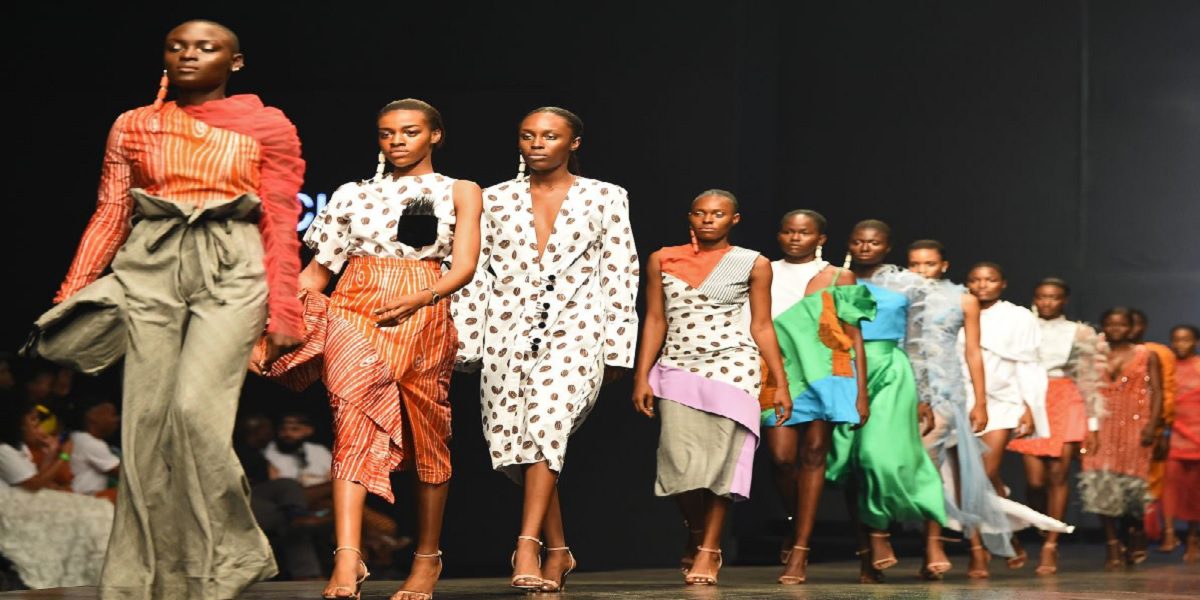

Blending traditional, modern, and indigenous styles, today’s generation celebrates individuality and heritage. Lagos Fashion Week mirrors this cultural dialogue, reflecting how digital trends shape personal style through online searches, fashion choices, and social sharing.
As the week unfolds, these trends will likely continue to influence collections, street style, and consumer choices, showing that fashion in Nigeria is evolving into a vibrant dialogue between past, present, and future.

